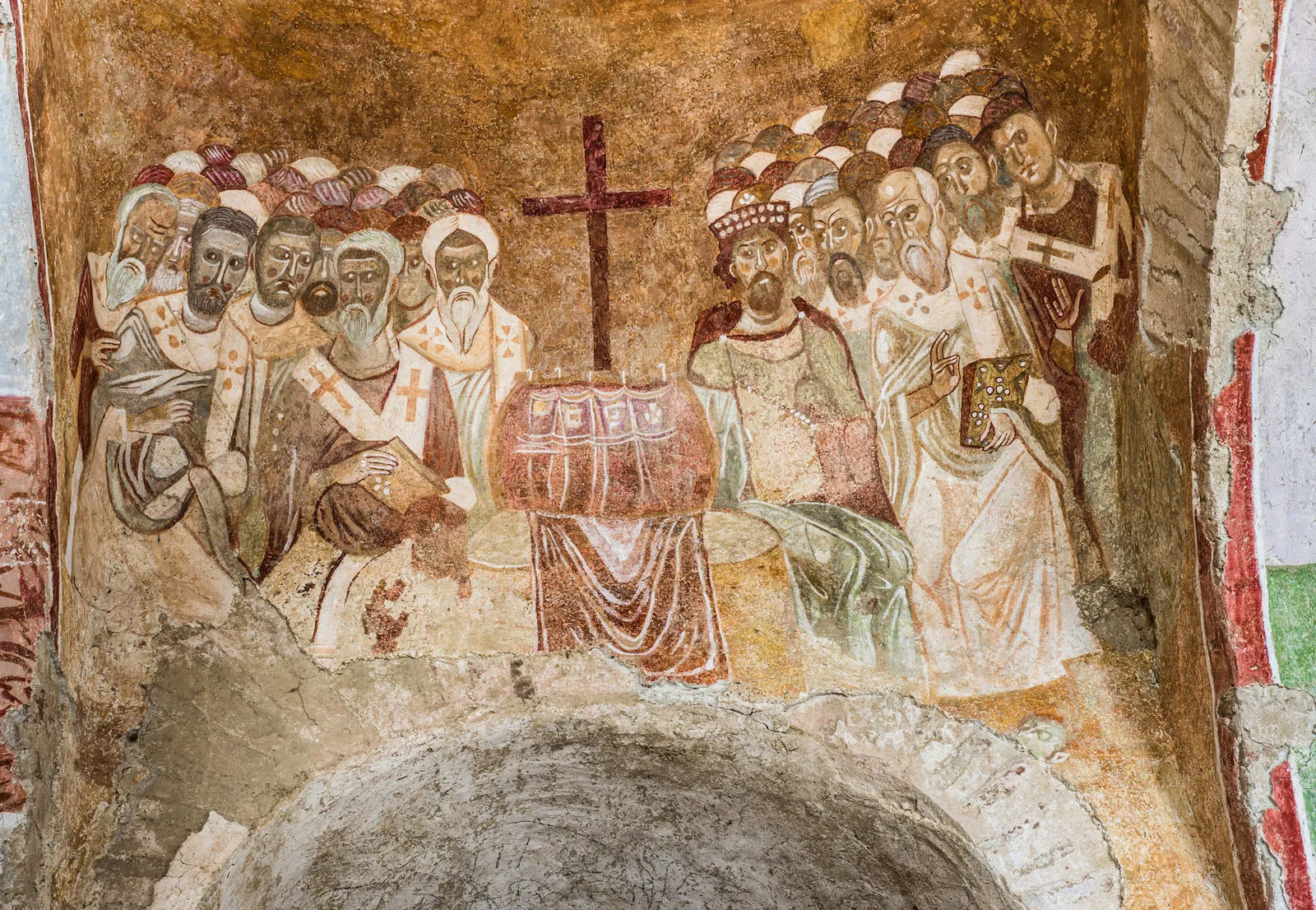The Council of Nicaea, which took place in 325 CE, was a significant event in the history of Christianity. One of the most important outcomes of this council was the formation of the Biblical canon - a collection of sacred texts that were recognized as authoritative and inspired by God.
Prior to the Council of Nicaea, there was no clear consensus on which texts should be included in the Bible. Different communities had their own collections of sacred writings, and there was much debate and disagreement about which texts were truly inspired by God.
The Council of Nicaea was convened by the Roman Emperor Constantine, who was concerned about the growing division within the Christian church. The council brought together bishops from across the Roman Empire to discuss theological and doctrinal issues, including the question of which texts should be included in the Bible.
After much debate, the council agreed on a list of texts that would be recognized as canonical. This list included the four Gospels (Matthew, Mark, Luke, and John), the Acts of the Apostles, the letters of Paul, and several other books that were considered to be authoritative and inspired by God.
The formation of the Biblical canon was a significant event in the history of Christianity, as it provided a clear and authoritative collection of sacred texts that could be used for teaching and guidance. However, the process of canonization was not without controversy, and there were many texts that were excluded from the canon that some communities continued to regard as sacred.
The Council of Nicaea remains an important moment in the history of Christianity, as it helped to establish the foundations of the faith and set the course for its development in the centuries that followed. By studying the history of the Bible and its formation, we can gain a deeper understanding of the religious and cultural significance of this timeless book.




